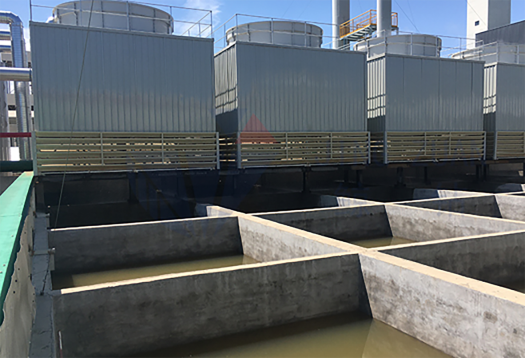
Sep . 21, 2024 14:28 Back to list
what is hydroxyethyl cellulose used for
What is Hydroxyethyl Cellulose Used For?
Hydroxyethyl cellulose (HEC) is a non-ionic, water-soluble polymer derived from cellulose, a natural polymer found in plant cell walls
. Due to its unique properties, including great water retention, thickening ability, and film-forming capabilities, HEC has found extensive applications across various industries.One of the primary uses of hydroxyethyl cellulose is in the construction industry. It serves as an essential additive in mortar, cement, and plaster formulations. HEC enhances the workability of these materials, allowing for easier application and improved adhesion during construction projects. It also helps reduce water loss, ensuring that the mixtures maintain the necessary moisture levels for proper curing.
In the realm of personal care and cosmetics, HEC is also prevalent. It acts as a thickening agent in a variety of products, including shampoos, conditioners, lotions, and creams. By increasing viscosity, HEC helps create stable formulations that enhance the product's application and sensory characteristics. Additionally, its ability to form a film on the skin can provide a protective barrier, which is beneficial in many skincare formulations.
what is hydroxyethyl cellulose used for

Pharmaceutical applications also utilize HEC extensively. It is often used as an excipient in drug formulations, playing a crucial role in controlled drug release. Its excellent solubility properties allow for the formulation of gels and topical applications, ensuring that medications are effectively delivered to the target areas. HEC is also used in lubricating eye drops due to its ability to retain moisture, providing comfort and relief for dry eyes.
In the food industry, hydroxyethyl cellulose serves as a stabilizer, thickener, and emulsifier in various products, including sauces, dressings, and dairy items. Its inclusion improves texture and consistency while enhancing the overall quality of food products. Additionally, HEC is often added to gluten-free products to mimic the texture typically provided by gluten, thus improving the sensory experience for consumers.
Furthermore, HEC is utilized in the agricultural sector as a soil conditioner. It helps retain moisture in the soil and can improve the efficiency of water usage in crop production. This application is especially crucial in arid regions where water conservation is essential.
In summary, hydroxyethyl cellulose is a versatile polymer with numerous applications across diverse industries, including construction, personal care, pharmaceuticals, food, and agriculture. Its ability to enhance texture, improve stability, and retain moisture makes it an invaluable ingredient in many formulations, contributing to product performance and consumer satisfaction. As research continues to uncover new uses for HEC, its significance in various fields is likely to grow, further highlighting its importance in modern applications.
-
Unlocking the Benefits of HPMC Products: A Gateway to Versatile Applications
NewsAug.07,2025
-
Unleashing the Potential of HPMC Ashland: A Comprehensive Look
NewsAug.07,2025
-
Tile Bonding Cellulose: The Key to Superior Adhesion and Durability
NewsAug.07,2025
-
Hydroxypropyl Methylcellulose Powder: The Versatile Component in Modern Pharmaceuticals
NewsAug.07,2025
-
Hydroxyethyl Cellulose: The Versatile Solution for Various Industries
NewsAug.07,2025
-
Hydroxyethyl Cellulose (HEC): The Versatile Polymer for Various Applications
NewsAug.07,2025







